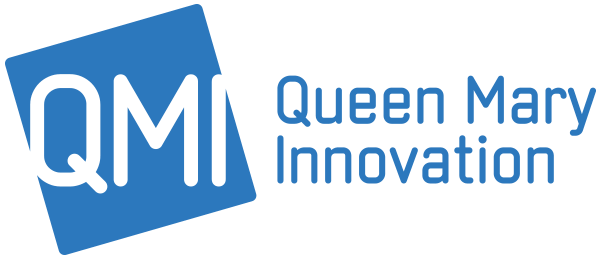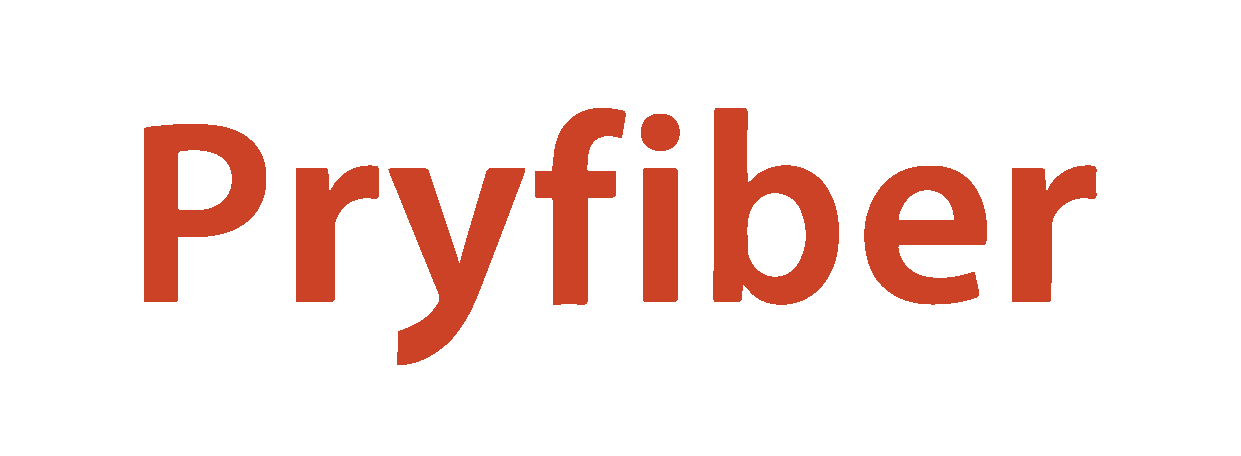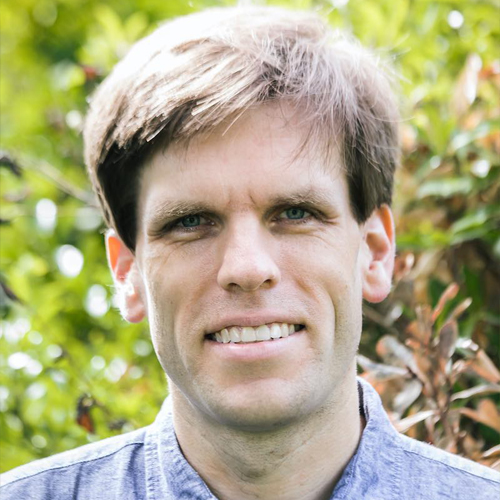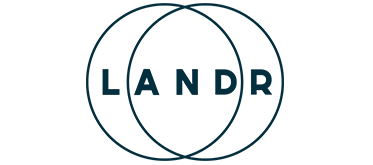QMUL researchers receive award of £3.48m for the development of cancer therapeutic

Professor Yaohe Wang, Prof of Cancer Cell and Gene Therapy
“It’s been a great honour to get this grant with my Co-investigators Prof Nick Lemoine, Drs. Louisa Chard and Dr David Propper. I really appreciate my team members’ hard work and the strong support from QMI. With this funding from the MRC, we are excited to now be able to push the development of the therapy further towards clinical application in the hope of improving the prognosis for these patients.”
Professor Yaohe Wang is an internationally recognised expert in the field of cancer immunotherapy at Barts Cancer Institute. Prof Wang and his team, including Dr Louisa Chard, have developed a novel therapeutic platform using an oncolytic virus for the treatment of human cancer.
This platform provides a powerful therapeutic to target multiple aspects of pancreatic cancer simultaneously through a convenient intravenous injection, significantly improving the prospects of disease eradication and prevention of recurrence in pancreatic cancer patients. Combination of this novel agent with current immunotherapy agents was able to significantly extend survival in preclinical models of the disease.
The prognosis for pancreatic cancer patients has remained poor for decades, with only 7.3% of patients having a 5 year survival rate. The disease is commonly diagnosed at a late stage and traditional treatments are only modestly successful in enhancing survival. Immunotherapies such as immune checkpoint inhibition have recently shown strong efficacy in many cancer types, but pancreatic cancer has emerged unresponsive to these break-through therapies.
Prof Wang has developed a novel immunotherapy approach in the form of a systemically deliverable oncolytic virus that specifically infects and kills cancer cells. In addition to the oncolytic effect of the virus, treatment results in enhanced natural anti-tumour immune responses in the patient that eliminates remaining tumour cells and prevents recurrence. Encouragingly, their virus can also render pancreatic cancer sensitive to immune checkpoint inhibition and the two therapies can work synergistically to eliminate the disease and enhance long-term survival.
Prof Wang and his team have been successfully awarded £3.48m from the Medical Research Council DPFS fund, in order to complete pharmacokinetic, toxicology and GMP manufacturing of the novel oncolytic vaccinia virus in preparation for phase I clinical trials in patients.
Queen Mary Innovation, the technology transfer office of Queen Mary University of London, has been supporting Prof Wang in building the strong QMUL patent portfolio that underpins the oncolytic virus technology and building a commercial business case for development of this promising platform technology.

Dr Michele Hill-Perkins, Head of Technology Transfer, Biopharma, QMI

Eleftheria Ledaki, Commercialisation Manager, Biopharma, QMI
QMI also commented: “We are delighted that this important potential treatment for pancreatic cancer is going to be further developed. This is a very promising new approach and QMI has been pleased to support such an exciting IP and commercial opportunity”



































